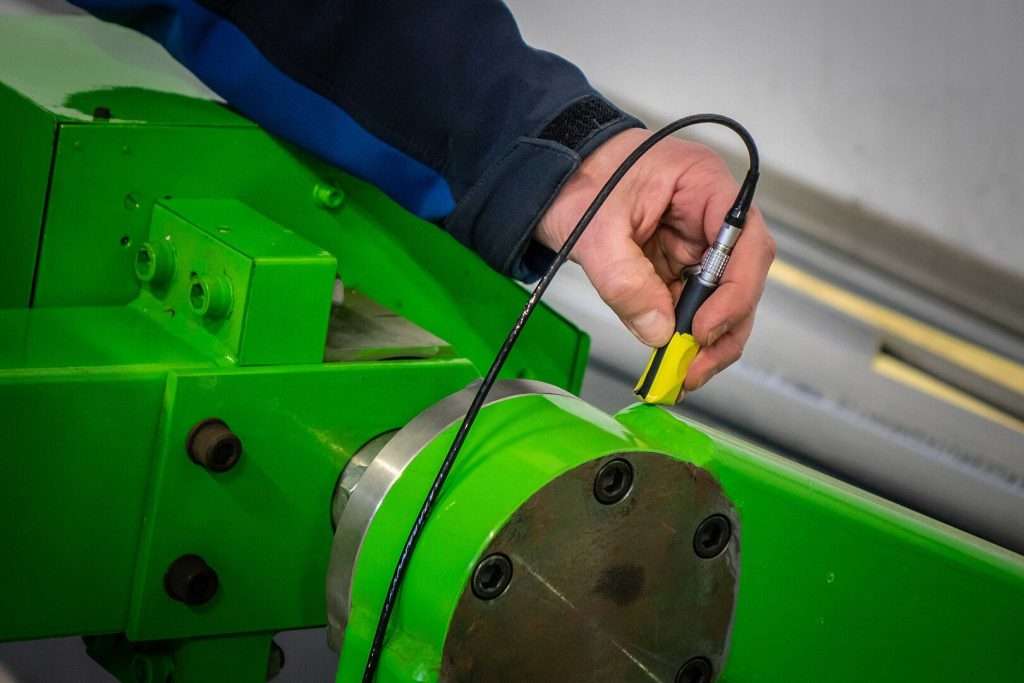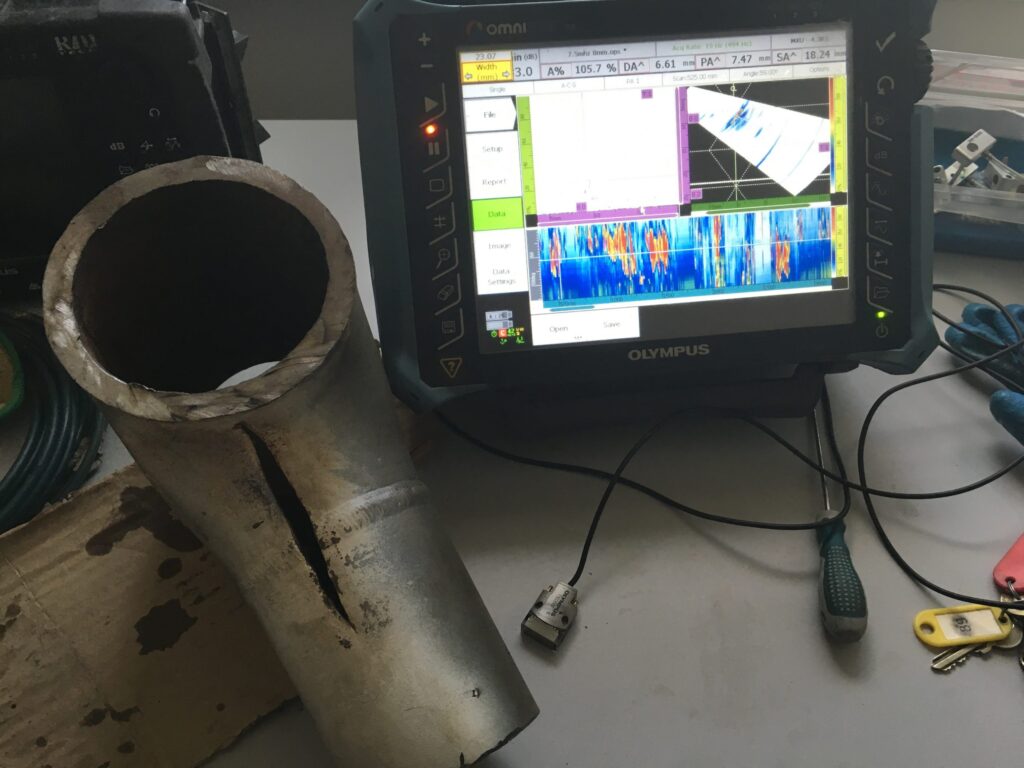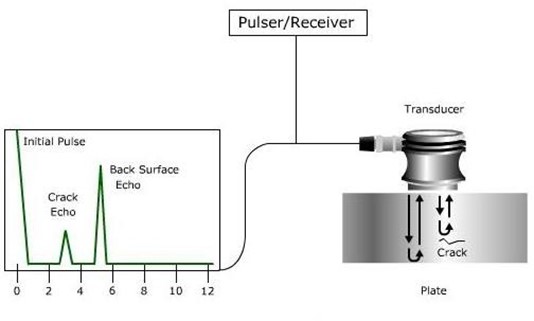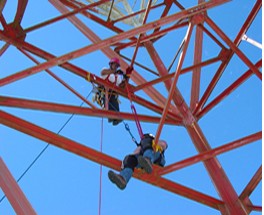NDT Certification and Career Pathways: A Comprehensive Guide

Non-destructive testing (NDT) is a crucial field in industries such as aerospace, oil and gas, automotive, and manufacturing, ensuring the safety and integrity of equipment without causing damage. For individuals looking to build a career in this dynamic industry, obtaining the right certifications is essential. In this article, we’ll explore the key NDT certification levels, the various career pathways, and how to get started in this rapidly growing field.
Understanding NDT Certification Levels
In NDT, certification is divided into three main levels, each representing different responsibilities and expertise. These levels are standardized by international bodies such as the American Society for Nondestructive Testing (ASNT) and the International Organization for Standardization (ISO).
- Level I NDT Certification:
- Entry-Level Certification
- Technicians certified at Level I are qualified to perform specific NDT techniques under close supervision. They can operate testing equipment and collect data but are not responsible for interpreting the results.
- This is often the starting point for those entering the field.
- Level II NDT Certification:
- Intermediate-Level Certification
- Technicians at Level II are more experienced and can conduct NDT tests without direct supervision. They can set up and calibrate equipment, perform tests, and interpret results. Level II technicians may also be responsible for training and supervising Level I technicians.
- Achieving Level II certification typically requires passing a rigorous exam and gaining on-the-job experience.
- Level III NDT Certification:
- Advanced-Level Certification
- Level III is the highest certification, awarded to experts who are qualified to develop NDT procedures, oversee testing programs, and ensure compliance with standards. These individuals are often in charge of managing NDT operations and training lower-level technicians.
- Achieving Level III status involves extensive experience, education, and a comprehensive exam.
Popular NDT Methods for Certification
There are several NDT methods that professionals can specialize in, and certification is available for each. Some of the most commonly used methods include:
- Ultrasonic Testing (UT): This method uses high-frequency sound waves to detect internal flaws in materials. Certification in UT is highly sought after, especially in industries like aerospace and nuclear.
- Radiographic Testing (RT): This method uses X-rays or gamma rays to detect internal defects in materials, often used for inspecting welds in oil and gas pipelines.
- Magnetic Particle Testing (MT): MT is used to detect surface and near-surface defects in ferromagnetic materials. It is widely applied in the automotive and manufacturing sectors.
- Eddy Current Testing (ET): Eddy current testing is used to detect surface and sub-surface defects in conductive materials. It’s commonly applied in the aerospace industry.
Each method requires specific training and certification exams to ensure that the technician is qualified to perform tests using that method.
Career Pathways in NDT
With the right certifications, NDT professionals can pursue a variety of career paths across different industries. Some of the key roles include:
- NDT Technician:
- NDT technicians are the backbone of the industry, performing tests on materials, components, and systems to detect flaws and ensure safety. With experience and certification, technicians can move up to more senior positions.
- NDT Inspector:
- Inspectors have the responsibility of interpreting test results and ensuring compliance with industry standards. They often work closely with engineers and quality control teams to make decisions based on the test data.
- NDT Engineer:
- Engineers in NDT are responsible for developing new testing techniques, designing inspection procedures, and troubleshooting complex issues. NDT engineers often have a background in materials science or mechanical engineering and work in industries like aerospace and energy.
- NDT Manager:
- Managers oversee entire NDT departments, ensuring that testing procedures are followed, technicians are properly trained, and operations comply with regulatory standards. NDT managers often have a combination of Level III certification and significant industry experience.
Steps to Start a Career in NDT
To begin a career in NDT, follow these key steps:
- Choose an NDT Method: Start by selecting a method that aligns with your interests and the industry you want to work in. For example, if you’re interested in aerospace, ultrasonic or eddy current testing may be a good fit.
- Get Trained: Enroll in an NDT training program accredited by a recognized body such as ASNT or ISO. Training programs typically include classroom instruction and hands-on experience with testing equipment.
- Gain Experience: After completing training, it’s important to gain on-the-job experience. Most certification programs require a minimum number of hours worked before you can take the certification exam.
- Pass Certification Exams: Once you’ve met the training and experience requirements, you can take the certification exam for your chosen method and level.
- Advance Your Career: As you gain experience and additional certifications, you’ll have the opportunity to move into more senior positions, such as inspector, engineer, or manager.
A career in NDT offers excellent opportunities for growth, with pathways to advanced roles and specialized expertise in various industries. Whether you’re starting as a technician or aiming for a leadership position, obtaining NDT certifications and gaining hands-on experience is key to building a successful career. With the increasing demand for safety and quality assurance across industries, NDT professionals are in high demand.
By following the certification process and pursuing continuous professional development, you can establish yourself as an expert in non-destructive testing and enjoy a rewarding, long-term career.





Responses